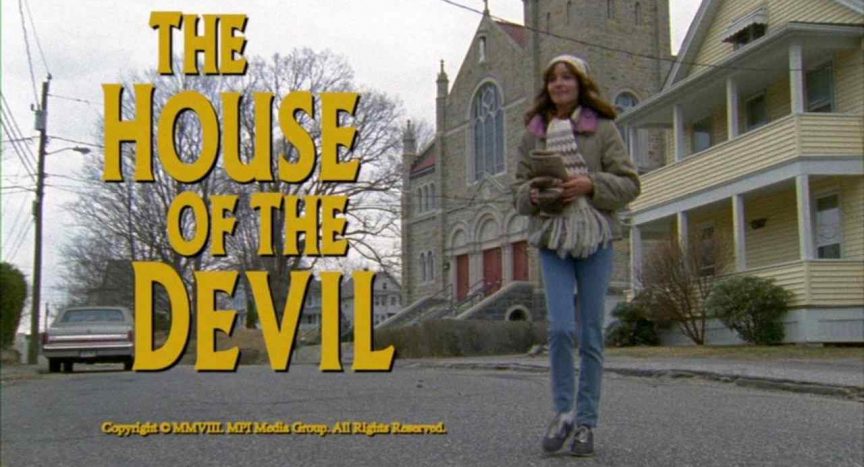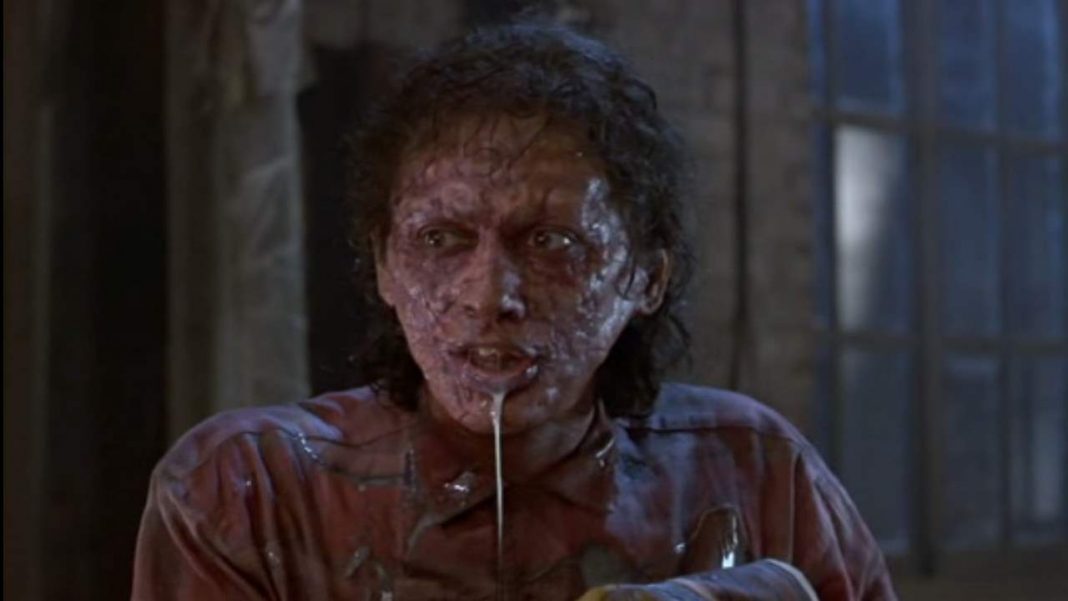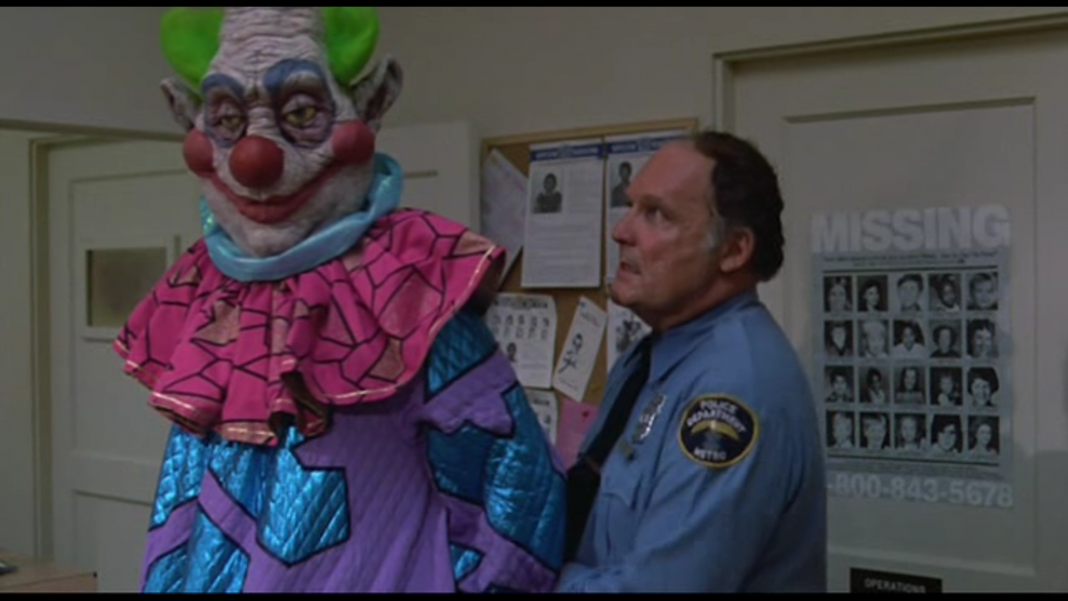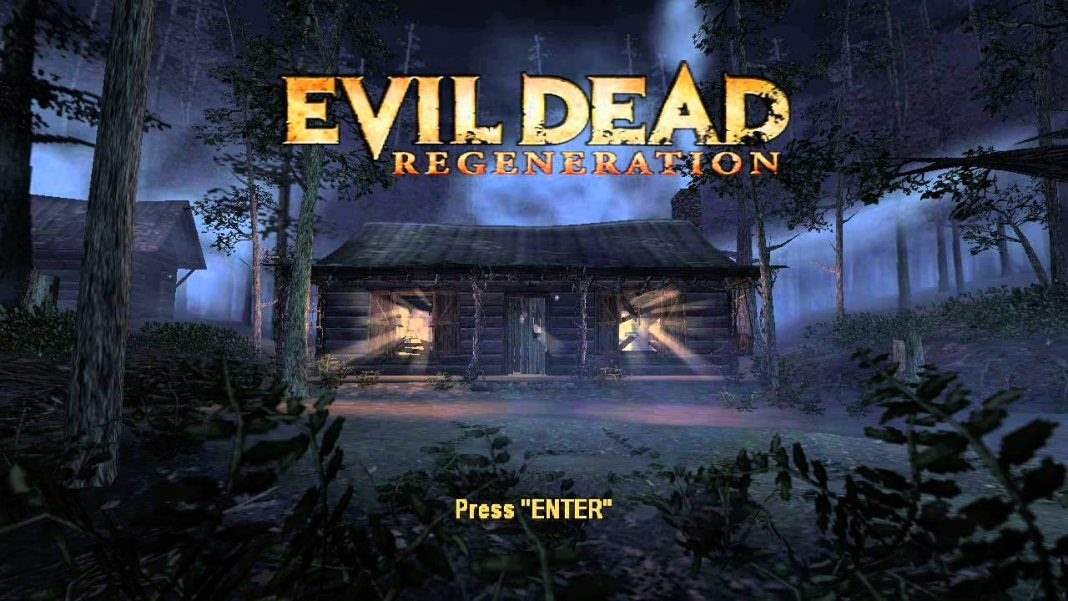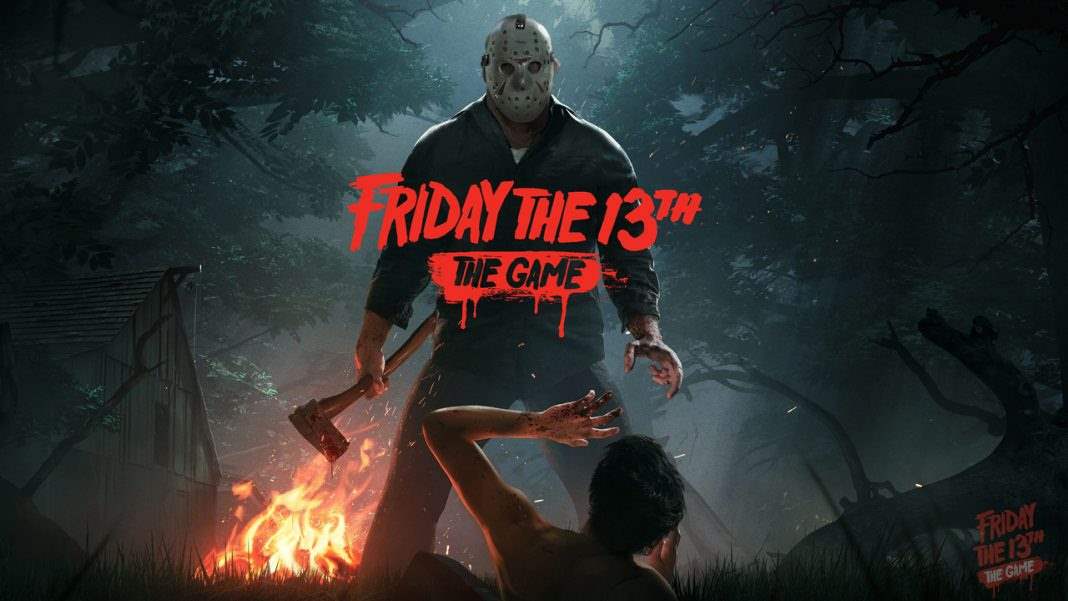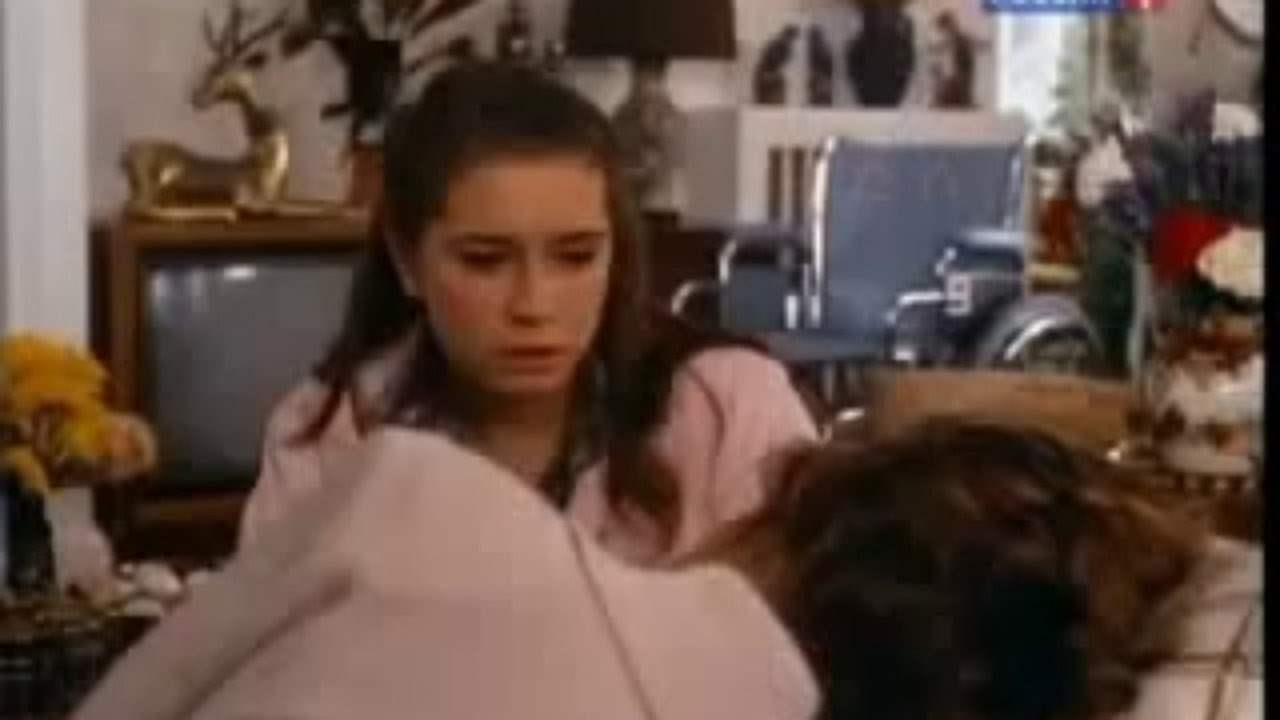“They don’t make ‘em like they used to.” We all know people who want everything to return to the glory days, everyone says that’s what horror needs to do to keep itself alive. Fresh ideas are important and should be welcomed and there will always be the people who embrace them and want to push the genre forward, but at the same time there is nothing wrong with throwback horror.
Filmmakers who grew up in the 1980s want to make movies that feel like what they grew up on. Part of it might be to recapture that feeling, sure, but I think the most effective filmmakers just want to pass that feeling on. They want to pay it forward. These directors and producers should not be condemned for wanting to make throwback horror films that harken to the time in which they were coming up and first fell in love with film. But more often than not, they are. More accurately, people have a tendency to love and support these productions until they actually come out.
Related: Noteworthy Heroines of Horror: Marybeth from The Hatchet Series
Adam Green’s Hatchet was advertised as a throwback to the 1980s slashers and everyone got excited. For a low budget indie splatter movie, it had a huge promotional campaign. That trailer—which showed nothing, but rather effectively—was attached to every Anchor Bay release. And Anchor Bay was one of the top horror distributors at the time of the film’s release. But it wasn’t what people expected of it. Just because it feels like a throwback to the late ‘80s instead of the early ‘80s, it upset people. They wanted Friday the 13th not Friday the 13th Part VII. It’s more of a horror-comedy than a straightforward throwback horror and people weren’t expecting that. They didn’t want that.
Plenty of people were offended by its attempt at trying to recapture the 1980s slasher vibe because it didn’t look like a product of that decade, as if they didn’t understand that the film was still being made in (and set in or around) 2005. This happens all the time. When someone says they’re making something in the tradition of an ‘80s movie, fans expect an ‘80s movie. That’s what makes this sort of horror feature, which should be the most fun to make, so aggravating. That’s what makes throwback horror so complicated. People don’t want a throwback. They want the real thing. They don’t want something in the tradition of an early slasher, they want an early slasher.
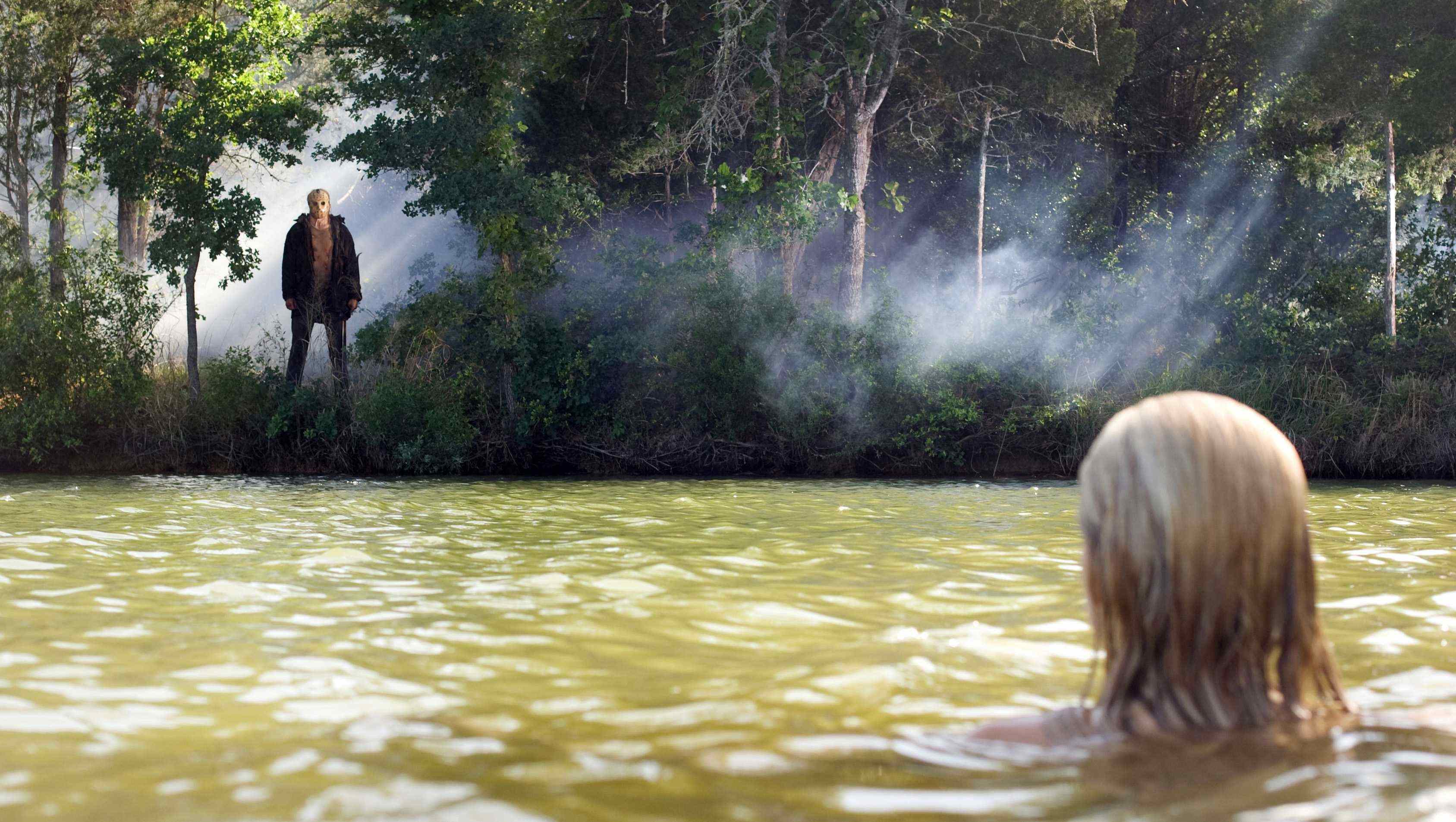 The 2009 reboot of Friday the 13th is a great example. The producers said that they would be making a film that was not a remake of the first but instead was complete standalone that took the best elements from the first four. A traditional Jason at Camp Crystal Lake movie that had all the imaginative kills and horny teens that the series had always been about. It was exactly what the people wanted. It was exactly what they got and a vocal faction of fans still hated it. Sure, it has its fans, but nobody seemed to be overly impressed at the time of release.
The 2009 reboot of Friday the 13th is a great example. The producers said that they would be making a film that was not a remake of the first but instead was complete standalone that took the best elements from the first four. A traditional Jason at Camp Crystal Lake movie that had all the imaginative kills and horny teens that the series had always been about. It was exactly what the people wanted. It was exactly what they got and a vocal faction of fans still hated it. Sure, it has its fans, but nobody seemed to be overly impressed at the time of release.
Most complaints weren’t with Jason, but with the cast of teenagers. All they were doing was drinking, smoking pot and having sex, the same thing that all teens in Friday the 13th movies do, but there was something about these kids that was different. And I don’t want to say the problem is that the fans who grew up with them became old people, but that’s definitely a part of it. So many of the complaints reeked of “These kids today with their loud music!” Not that the reboot didn’t have its share of problems, of course, but they’re problems shared by several other films in the franchise.
 The House of the Devil may be as close as we’re ever going to get to having a new 1980s movie. Many people love that film, but in recent years, I’ve heard people complain that it’s simply too boring. The locations, the cinematography, all the element that went out of their way to recapture the 1980’s, these are the problems people have with it. So, doing an homage can often be a no win situation. People will hate you just for the act of doing it.
The House of the Devil may be as close as we’re ever going to get to having a new 1980s movie. Many people love that film, but in recent years, I’ve heard people complain that it’s simply too boring. The locations, the cinematography, all the element that went out of their way to recapture the 1980’s, these are the problems people have with it. So, doing an homage can often be a no win situation. People will hate you just for the act of doing it.
Trying to invoke the feeling of a John Carpenter film, to most people, just sounds like you’re trying to outdo John Carpenter. You’re trying to do it better. That’s obviously not what any sane filmmaker is trying to do, because Carpenter is a bona fide Master of Horror. But doing any kind of homage to a previous movement in horror will imply to some that you think that movement or trend was broken to begin with. And even if they are on your side, you’ll be blamed for making an homage when they expected you to make the real thing.
